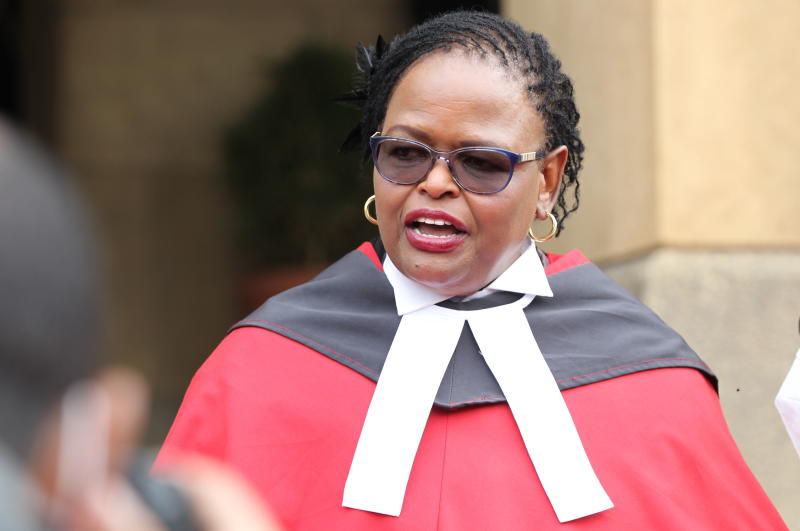Kenya has freed nearly 5000 inmates via newly adopted Skype court sessions
- Spotlight East Africa
- Apr 3, 2020
- 2 min read

Kenya is decongesting its prisons to prevent overcrowding as a way to curtail the spread of coronavirus in the country.
In the past month, the East African country has released 4800 prisoners in different parts of the country, according to Anne Amadi, the chief registrar of the judiciary in Kenya.
Many of the sessions leading to the release of these prisoners were held virtually through Skype and Zoom, she said.
"We prioritized getting a lot of people out of prison, especially petty offenders. Those who are in prison for a short term and those who have been there for a long time but have just about six months and below to go," she told CNN.
"As of Friday last week, we managed to decongest the prison by about 4800 inmates from different parts of the country. All our 39 high court stations have released people. Most of them, a good number, through Skype or Zoom," she added.
Kenya currently has 110 cases of coronavirus as of Thursday. Kenya's President, Uhuru Kenyatta also declared a dusk to dawn curfew on March 27, restricting movement in the country from 7 p.m to 5 a.m in a bid to limit its spread.
In Mombasa high court, Kenyan Judge, Eric Ogola delivered 23 judgments in his chambers through Skype on March 30.
According to a message posted on Twitter by the Kenya Judiciary, Ogola was on video calls with suspects at the Shimo la Tewa prison. The suspects took turns appearing on camera, as he read out his verdict.
"Today, Mombasa High Court Presiding Judge, Hon. Eric Ogola, delivered 23 judgments through the use of Skype Conference to the inmates in Shimo La Tewa Prison," read the tweet.
These measures are being implemented in line with a directive by the Kenyan government which has discouraged large gatherings of any form.
Law courts in Malindi, southeastern Kenya also held sessions on March 23 via Skype's video conferencing session, according to local media.
In Taita Taveta, one of the country's counties, Voi High court Judge, Farah Amin processed 24 cases on Skype and issued orders for the release of 23 petty offenders from Wundanyi prison.
Kenya confirmed its first case of coronavirus March 12 and since then has suspended all sporting events, open-air religious meetings and all major events.
Amadi says when the first case of the virus was confirmed in the country, the National Council on the Administration of Justice (NCAJ) held a meeting where workers within the judiciary were advised to deal with only urgent cases and work from home.
The NCAJ is a national council that brings together all the actors in the justice sector.
"We agreed that we needed to generally downscale operations and work with minimal staff in each station... We realize that courts are one of the riskiest places to spread the virus because we deal with so many people and we have so many files handled there by so many people," she said.
This article was originally published by CNN.




Comments